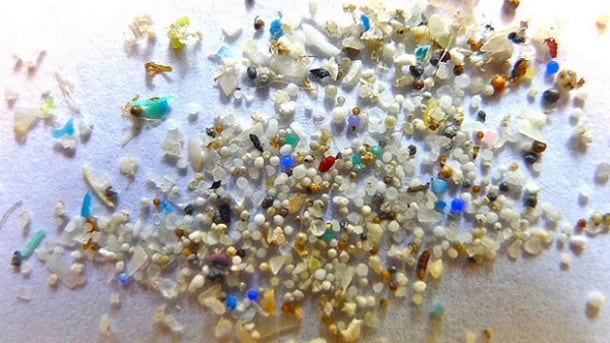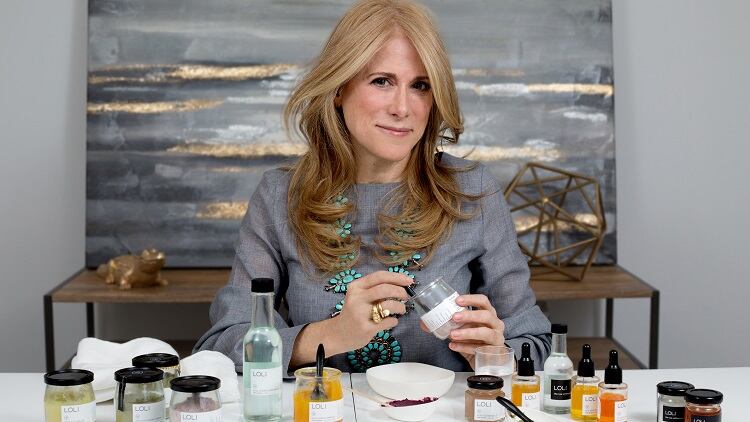Here, Rachel Morgan from the Adelphi Group, shares some insights from the packaging producer’s perspective.
Under pressure: consumer and regulatory push
With the increasing worldwide resentment of plastic waste, many in the cosmetics industry are feeling the pressure to rise to the challenge and face up to their environmental responsibilities.
Doug Woodring from the Ocean Recovery Alliance wrote recently that “switching to alternatives might not save the world, but the usage of plastics sends a message to customers that a brand is not on top of an issue of growing global importance”.
Packaged Facts agrees, stating that more and more consumers are “leaning green”, wanting to feel that they are making healthier, safer choices in the products they use.
And with an increasing number of celebrity advocates, the pressure for high profile cosmetics companies to address this global issue looks set to continue.
Potential game changers
One potential solution is to change the ways that products are packaged and prepared, although of course this must be achieved without compromising product quality.
Cutting out plastics within the manufacturing process is a simple yet tangible way of using less disposable materials.
The Adelphi Group of Companies, based in the UK, are working to promote the sustainable and eco-friendly nature of re-useable stainless steel process equipment, as an alternative for cosmetics and healthcare customers.
Key industry efforts
Recent moves by major players including Procter & Gamble and Unilever in the field of recyclable beauty and personal care packaging certainly suggest it’s fast becoming a key area of innovation and investment for the industry
With eco-friendly consumer concerns having just been picked out by Euromonitor as one of the top four global packaging trends for the industry, the recent focus on recyclable packaging seems savvy.
P&G last year announced that its Head & Shoulders brand is set to produce the ‘world’s first’ recyclable shampoo bottle, set to be retailed in France.
Meanwhile, Unilever has also asserted that it is committing to similar development: the consumer goods giant states that by 2025, it will ensure that it is technically possible for all its plastic packaging to be reused or recycled.




